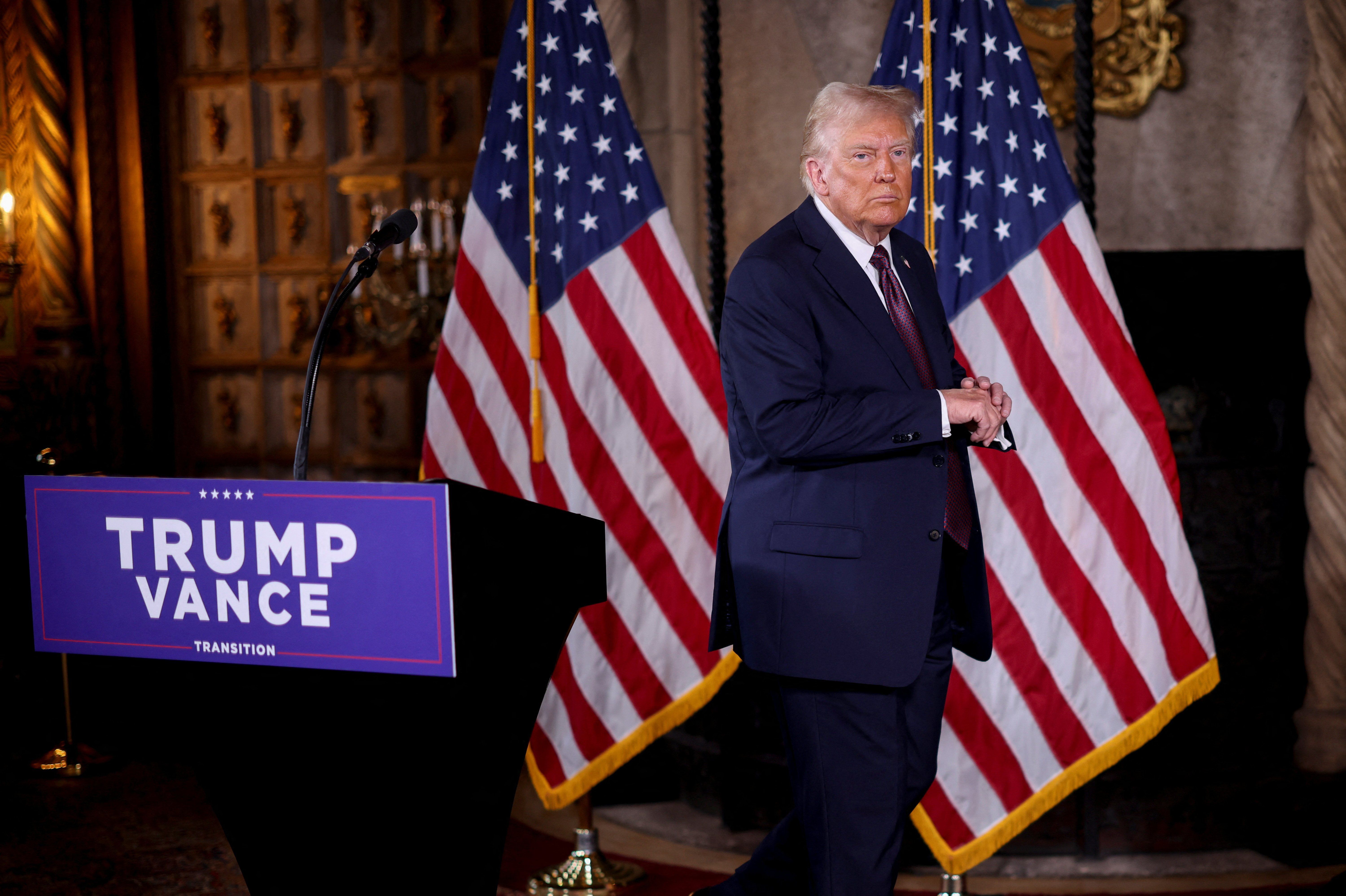Donald Trump may have planted a "seed" in one of his executive orders that could expand into a major change in laws regarding reproductive rights, according to some legal experts.
The president issued an executive order on Inauguration Day claiming there are only two genders, but experts pointed out that the directive's language incorporates the tenets of the the fetal personhood legal doctrine promoted by anti-abortion activists that states life begins at contraception and extends rights and protections to fetuses, reported The Guardian.
“‘Female’ means a person belonging, at conception, to the sex that produces the large reproductive cell,” the order states. “‘Male’ means a person belonging, at conception, to the sex that produces the small reproductive cell.”
ALSO READ: Inside the parade of right-wing world leaders flocking to D.C. for Trump's inauguration
That language, which drew mockery because human embryos don’t show sexual differentiation at that stage, raised concerns among abortion rights activists, because ushering fetal personhood into law would allow the government to treat abortion as murder.
“I don’t think it was a mistake, I don’t think it was a coincidence," said Dana Sussman, senior vice-president of Pregnancy Justice. "I think this was an intentional way to continue to normalize the idea that embryos are people. This is yet another attempt to codify it in one form or another.”
The platform adopted at last year's Republican National Convention stressed a commitment to “the issue of life” and suggested that that fetuses are included in the 14th Amendment’s guarantee that “no person can be denied life or liberty without due process," which advocates of fetal personhood hope to establish through a Supreme Court ruling.
“It’s unclear if this is Trump starting down a road towards much bolder steps on abortion or IVF or if this is just Trump throwing anti-abortion insiders a bone that most readers wouldn’t necessarily understand,” said Mary Ziegler, a University of California, Davis, School of Law professor who studies the legal history of reproduction. “It’s always a big deal when you have something, a seed like that, planted in federal law that someone could maybe make something out of later.”
Trump claimed credit during his re-election campaign for engineering the court's conservative majority that struck down Roe v. Wade, but also insisted he did not want to ban abortion nationwide, but abortion rights supporters fear he may use a 19th-century law to ban the mailing of abortion medication or ordering the FDA to rescind its approval of a common abortion pill.
